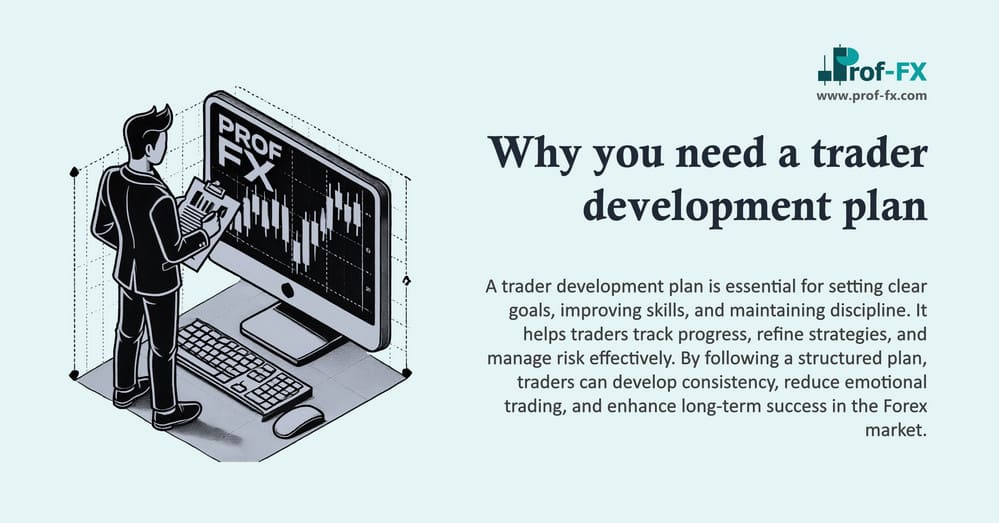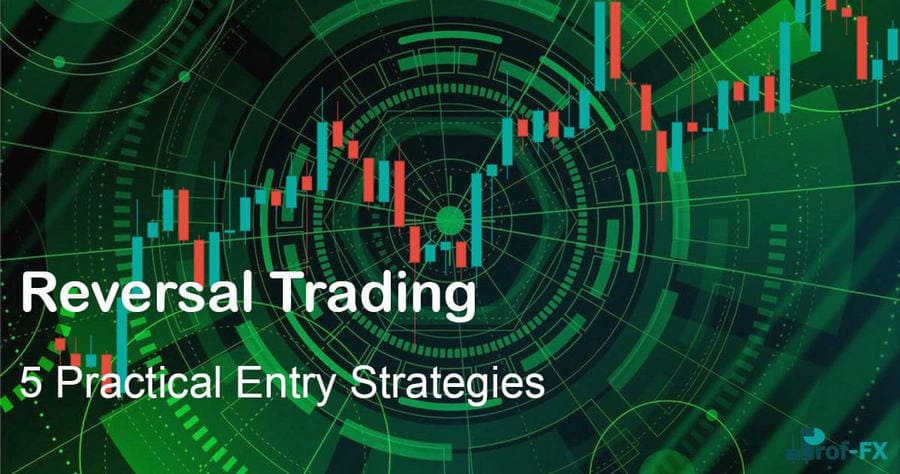Many of us know someone in our family who went through the Great Depression of the 1930’s. Often, these survivors passed their need for frugality down to their children. This would define their lives as well, even after many were set for life financially.
However, there were those few who saw this period as a time of great opportunity and passed that kind of thinking down the family tree. “Scared Joe”
A trader by the name of Joe called me the other months ago. He said that he made a fortune in simulation and demo accounts, but as soon as he traded real money, he was not able to be consistent.
Joe obviously was calling me because he thought he needed to work on the psychological aspect of his trading, but when I suggested that he start by taking my “Trader’s Evaluation” to pinpoint the issues, he gave me ten reasons that he should be able to do it on his own.
On further questioning, I found out that Joe did not want to spend any more money on becoming a trader.
He told me that he already invested five thousand dollars and lost ten thousand. Joe had several hundred thousand to trade. He already proved that he had a viable strategy, but he was not willing to take the next step.
What do you think should be Joe’s next step?
While it is easy making choices for others with their money, how do you fare with your own in making choices?
Of late, families are making the choice of saving and giving up discretionary spending. This is a good idea. What is not a good idea is to dampen the prospects of opportunity by not investing in yourself.
A small percentage of people can make a living from trading. If you are one of those people who know that this is possible because you have proven your strategy to work, the only thing between you and success is the “you” factor.
“You” factor
People are brilliant and creative money making machines or they are not. Fear keeps a person from thinking clearly to make competent decisions and take calculated risk. The fear factor will keep the competent “you” factor from attaining your full potential.
Fear Driving Bad Bank Decision
Years ago, there was a bank in Europe that hired me to work with their traders. The traders were already a winning team because of the manager. He wanted to make sure that the team stayed on top of their game and that is why he hired me. While the trading team was making money, the bank was losing money. There had to be cuts in personnel and spending.
The heads of the bank, who were elected officials with little managerial experience, decided to cut all departments by ten percent. This meant cutting the manager of the trading department and cutting the personnel that supported the traders. The bank fell deeper into debt the next year because the balance of the trading team was destroyed.
Making the Right Choices
After you make the choices for what you will save and how you will cut expenses, the next step is to plan for how to create opportunity. Here are a few strategies for making a decision:
- Put yourself in the mindset of someone you know who is very successful. From this person’s point of view, what choice would he or she make?
- Write down all the pros and cons for making the decision and discuss it with your family. Notice if they are making choices that are from logic or fear. Then consider checking out the family choices with a financial advisor.
Conclusion
Making sound money decisions is the only way to financial freedom. If the only thing that is keeping you from becoming a successful trader is your ability to follow your rules, then it makes sense that you handle the issues as soon as possible.










